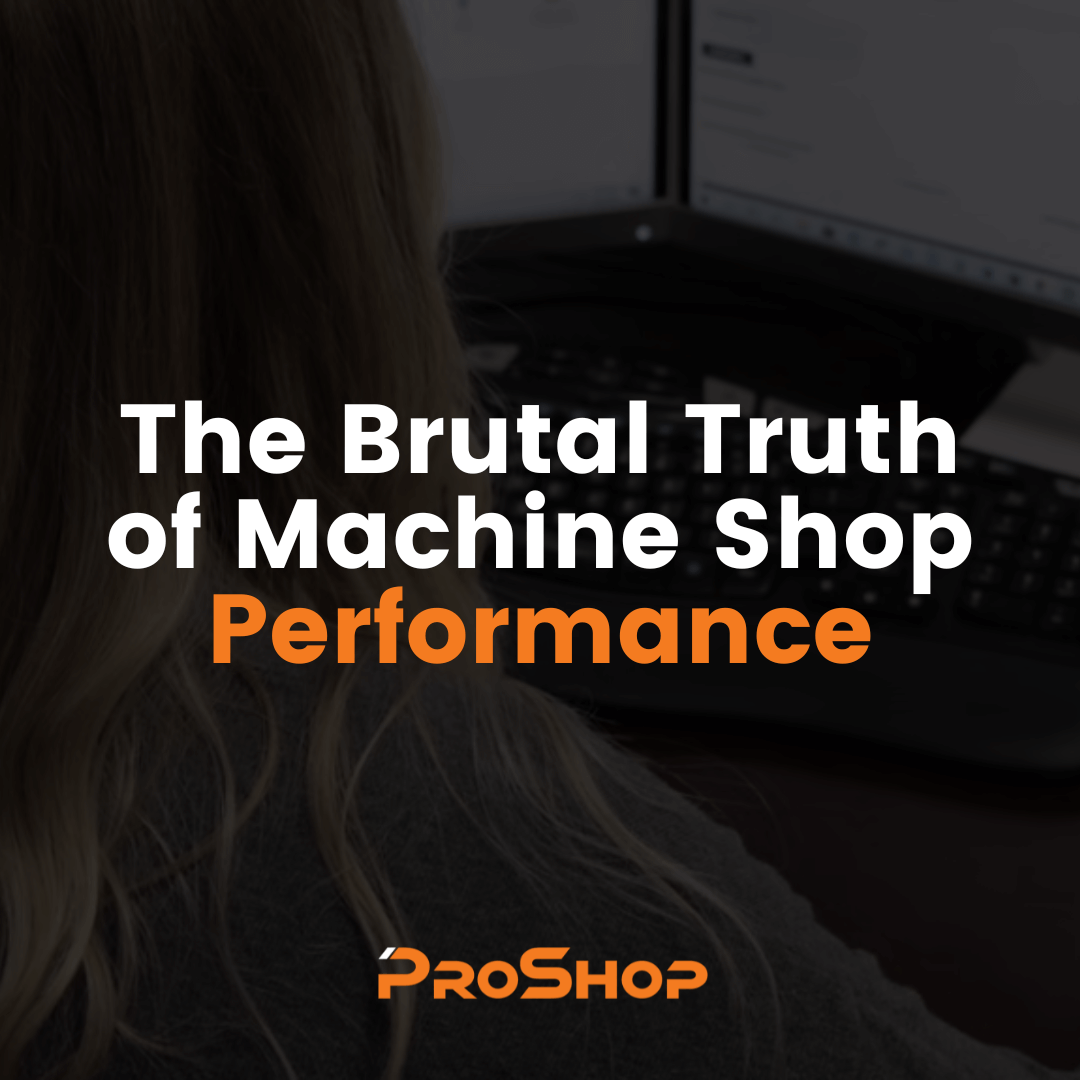Process
& Scheduling
Management
Maintenance
Management
& Inspection
& Material Planning
Financial Data
Management
By: Paul Van Metre
It’s hard to deny the shifts that are happening within the industrial manufacturing world. With younger generations coming into the work force, rapid improvements in technology, and Industry 4.0 in full swing, the cultures of manufacturing organizations are finding that they either need to adapt or die. ERP technology is in dire need of adapting as well in order to facilitate fresh organizational models and cultures.
There are three primary shifts we want to discuss:
It is an emphasis on these three massive shifts in manufacturing cultures that is allowing ProShop to cut through the noise of the vast array of disjointed ERP solutions available on the market today. ProShop was built by manufacturers who aggressively sought innovative methods of building sound, scalable business processes and organizational structures that would allow for optimal scalability by creating an ecosystem to capture and organize all of the company IP and allow every employee to access, contribute and leverage that data.
Fast, effective, and broad communication across the organization
ProShop’s Digital Manufacturing Ecosystem (DME) includes a completely integrated thread-based messaging system. It can be used in two fundamental ways.
It will send out automated alerts to different employees based on personal settings, or their job roles for many different events such as new orders being entered, NCRs being created on the shop floor, when new revisions of business processes are approved, customer PO due date changes, being assigned to be in charge of a job, when jobs run over time budgets, and many others. This lets the correct people know the things that are important to them the instant it happens so they can take action.
The messaging system is also used for employees to communicate with each other. Any employee can send a message to any other group of employees, and automatically include a link to the page they were on when the message was sent. This allows instant messaging to happen to any group of people which reduces the need for meetings or emails, allows broad communication to a distributed group of people, and is a great method to have a digital conversation within ProShop without having to hunt people down.
Continuous improvement in all processes and departments
ProShop was designed in a very lean manufacturing company that ran frequent Kaizen events, practiced one-piece flow of production, was active in 5S activities and much more. This focus on waste reduction and continuous improvement was built into the DNA of ProShop. A couple of key examples of this include a system for closed-loop improvement activities built into the Estimating/Part/Work Order modules. This ensures that any feedback or issues that need to get from the office to the shop, or the shop to the office can be identified, assigned, solutions proposed, implemented and resolved, directly inside of ProShop. It’s truly a built-in continuous improvement system.
Another example is ProShop’s QMS modules. Our extremely simple yet robust process for releasing draft revisions of business processes, getting those items approved, and releasing that information to the rest of the company allows for the QMS modules to be used to drive continuous improvement. When making changes moves from days or weeks, to minutes, a new world of possibility opens up to use the quality system to make business process improvements in a very nimble and effective way.
Detailed traceability in real-time
Because ProShop is 100% paperless, all employees are engaged with the system and everything they do is updating the status of the job, the schedule of the job and machines, and a digital set of fingerprints that gives companies complete traceability with little effort on the part of the employees. On Work Orders, every inspection point, every operation sign-off, every time entry is stamped with Time/Date/User for complete traceability of all business activities. Whenever materials are purchased, certs are scanned in, automatically digitally stored, and linked to any jobs that use them. This ensures 100% traceability of all materials used across multi-level BOMs. This system has been audited many times by ISO-9001, AS9100, API auditors and large OEM quality teams. Their typical feedback is that ProShop is the most robust, yet easy-to-use QMS system they’ve ever seen.
We are excited about all the new ideas that are now beginning to be embraced and implemented. Manufacturing is the lifeblood of any economy and therefore needs to be spearheaded by leaders who are able to innovate, not just in technology and engineering, but in business models and cultural engineering. This is the trend which ProShop’s designers saw coming years ago, and it is the trend which we are spearheading and shaping today.


